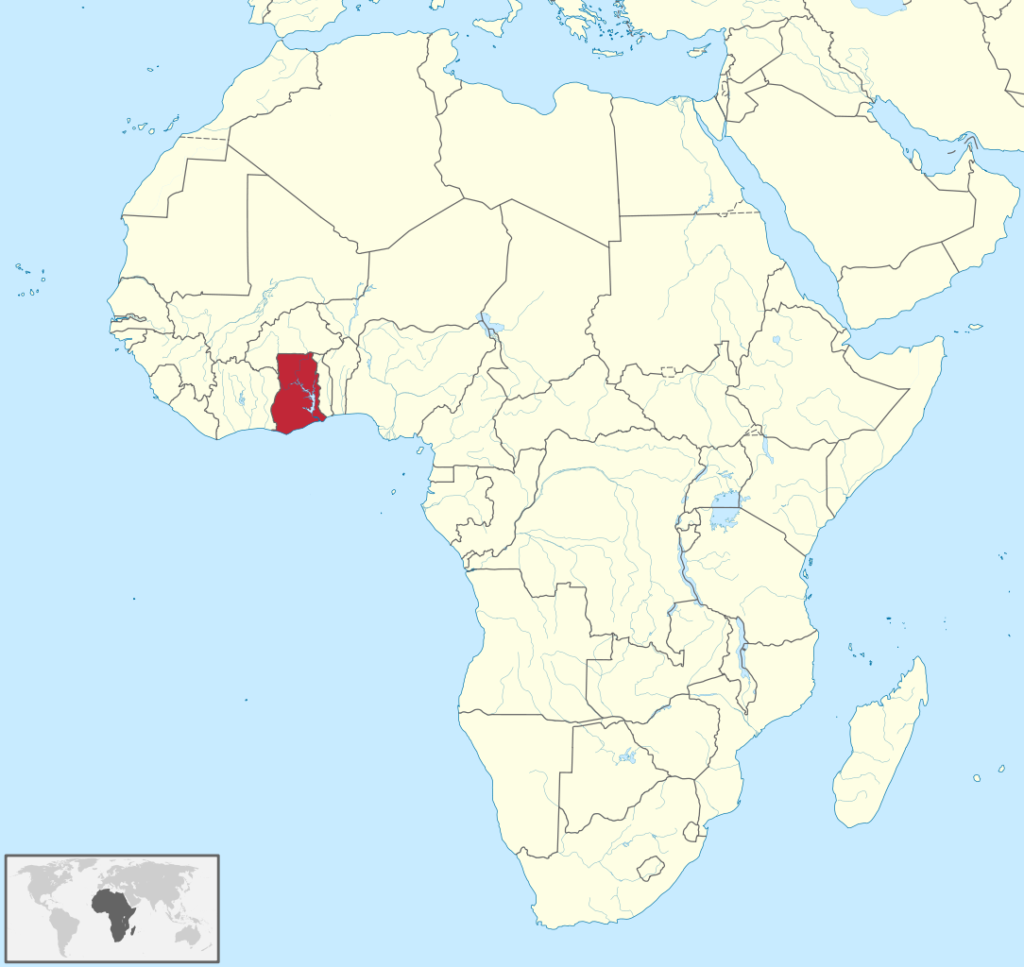Odle Family Life
In Tamale
We have a fun family!
Jared and Anna got married before they both graduated Bible college in the 1990’s. Their desire to spend their lives serving Jesus in ministry together drew them together and has kept them together.
Bible college, seminary, campus ministry, youth ministry, prayer, pastoral and missional ministries–and raising six kids–have prepared them to serve in Ghana. Anna has homeschooled children for more than 16 years–on top of being a mom, pastor’s wife, children’s worker volunteer and a host of other roles for many. Jared served in a variety of ministry roles in the USA before taking a significant role in a business as mission (BAM) group in Burkina Faso.
Our six kids started joining us in 2000 and kept joining us until 2013 when our youngest was born. They are normal TCK (Third Culture Kids) with a range of abilities from making people laugh, leading worship, hospitality, encouragement, serving and giving.
On any given day, you can hear multiple guitars, see bicycles in the yard and find us working, reading and doing chores around the house.
We all like–and some of us really, really love–living in Ghana. Sometimes the food, language barriers (English is the national language, but there are over 50 local languages in Ghana) and heat make life a bit more challenging, but all of us are glad to part of the Kingdom of God in Ghana.
Life In Tamale, Northern Ghana
Tamale (pronounced TAM a lee) with over 1,000,000 is fastest growing city in West Africa with half it’s population made up of children 16 years old or younger.

We make our home in the city of Tamale in the Northern Region of Ghana. Our lives are focused on serving with the abundance we receive from God, and teaching others to do the same. You can see Tamale on the map above the word “GHANA.”

Northern Ghana’s traditional life and affairs are ruled by three kingdoms: The Dagbon, The Mamprusi, and The Gonja. These people groups, and the others in northern regions of Ghana, are socially and culturally a mixture of Muslim and Traditional Religion.
Despite the overall reduction of poverty in Ghana, the past 10 years have found Northern Ghana increasing in occurrences poverty from 50% of households to over 60%.
The majority of households, even many urban families, survive on subsistence farming of corn, rice, millet and a few fresh fruits and vegetables.
Placeholder